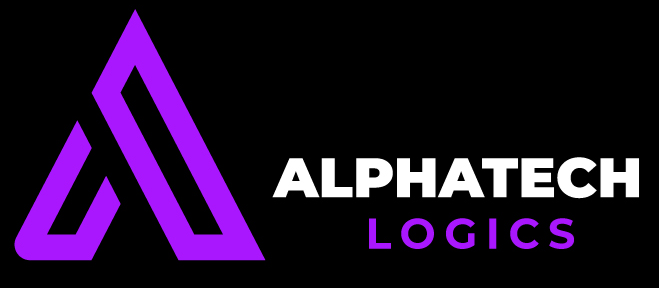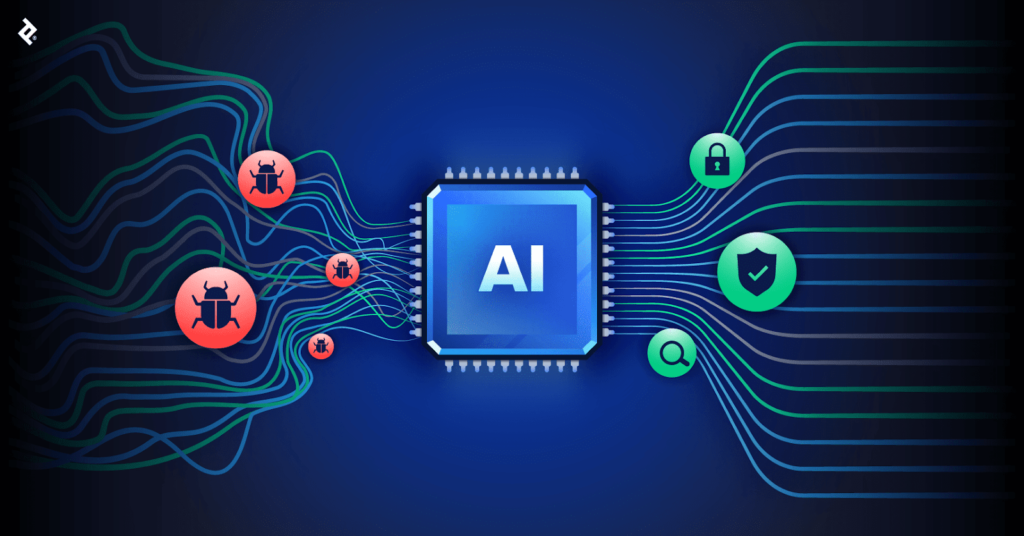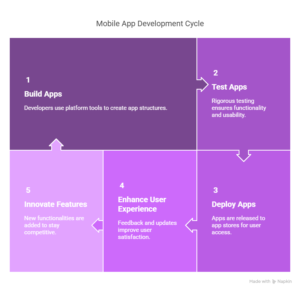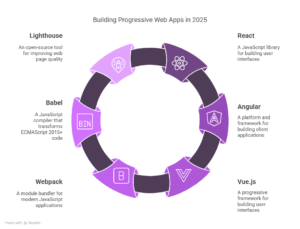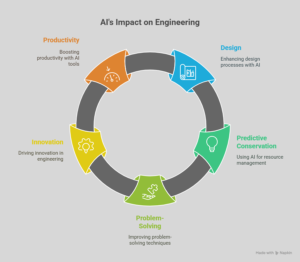AI-Powered Code Review System: How Automated Tools Are Improving Software Quality
Introduction
As software development becomes more complex, ensuring high-quality code has never been more critical. Traditional code reviews, often performed manually, are time-consuming and prone to human error. However, advancements in artificial intelligence (AI) are transforming the way code is reviewed, improving efficiency and software quality. AI-powered code review systems are emerging as essential tools for developers, automating the detection of issues, enhancing security, and maintaining coding standards.
How AI-Powered Code Review Systems Work
AI-powered code review systems use machine learning algorithms, natural language processing (NLP), and static and dynamic code analysis techniques to evaluate code quality. These systems analyze source code to identify potential issues, such as security vulnerabilities, performance bottlenecks, and non-compliance with coding best practices.
Key functionalities of AI-driven code review tools include:
- Automated Error Detection: Identifying syntax errors, logical bugs, and security vulnerabilities.
- Code Style Enforcement: Ensuring adherence to coding standards and best practices.
- Performance Optimization: Detecting inefficient code patterns and suggesting improvements.
- Security Analysis: Identifying potential security flaws like SQL injection or cross-site scripting (XSS).
- Predictive Analysis: Using historical data to predict potential problem areas in new code.
Benefits of AI-Powered Code Review Systems
1. Increased Efficiency
Manual code reviews require significant time and effort from developers. AI-driven tools speed up the process by automatically analyzing code and providing instant feedback, allowing developers to focus on writing better code rather than spending hours reviewing it.
2. Improved Code Quality
By detecting errors and enforcing best practices, AI-powered tools help maintain a higher standard of code quality. They identify issues that might be overlooked in manual reviews, reducing the likelihood of bugs in production.
3. Enhanced Security
AI-driven systems can scan codebases for security vulnerabilities in real time, reducing the risk of security breaches. These tools help developers mitigate risks by flagging insecure code patterns and suggesting secure alternatives.
4. Consistency Across Teams
AI-powered code review tools enforce coding standards consistently across teams, ensuring uniformity in style, structure, and best practices. This helps maintain readability and maintainability across large projects.
5. Continuous Learning and Improvement
Many AI-powered code review systems use machine learning models that improve over time. As they analyze more code, they learn from patterns and become more effective at identifying complex issues and providing accurate recommendations.
Popular AI-Powered Code Review Tools
Several AI-powered code review tools are available today, each offering unique features:
- DeepCode: Uses AI to provide real-time feedback and suggest improvements.
- Codacy: Automates code reviews and monitors technical debt.
- SonarQube: Focuses on static code analysis to improve security and quality.
- GitHub Copilot: Uses AI to provide smart code suggestions and error fixes.
- CodeClimate: Analyzes code for maintainability and test coverage.
Challenges and Limitations
Despite their advantages, AI-powered code review systems are not without challenges:
- False Positives and Negatives: AI tools may incorrectly flag issues or miss critical problems, requiring manual verification.
- Context Understanding: AI lacks deep contextual understanding of business logic, leading to incorrect suggestions.
- Integration Complexity: Some tools require extensive setup and integration with existing workflows.
- Cost Considerations: Advanced AI-powered code review tools may come with licensing fees, which could be a barrier for small teams or startups.
The Future of AI in Code Reviews
As AI technology evolves, code review tools will become more intelligent and efficient. Future advancements may include:
- Better Context Awareness: Improved models that understand project-specific requirements and logic.
- Adaptive Learning: AI systems that learn from developer feedback and refine their suggestions.
- Automated Code Refactoring: AI-assisted rewriting of inefficient or problematic code sections.
- Deeper Integration with DevOps: Seamless integration into CI/CD pipelines for real-time code analysis.
Conclusion
AI-powered code review systems are revolutionizing software development by enhancing efficiency, improving code quality, and strengthening security. While these tools are not a complete replacement for human oversight, they serve as valuable assistants that help developers write cleaner, more secure, and more maintainable code. As AI technology continues to advance, we can expect even more sophisticated code review solutions that further streamline the development process.

